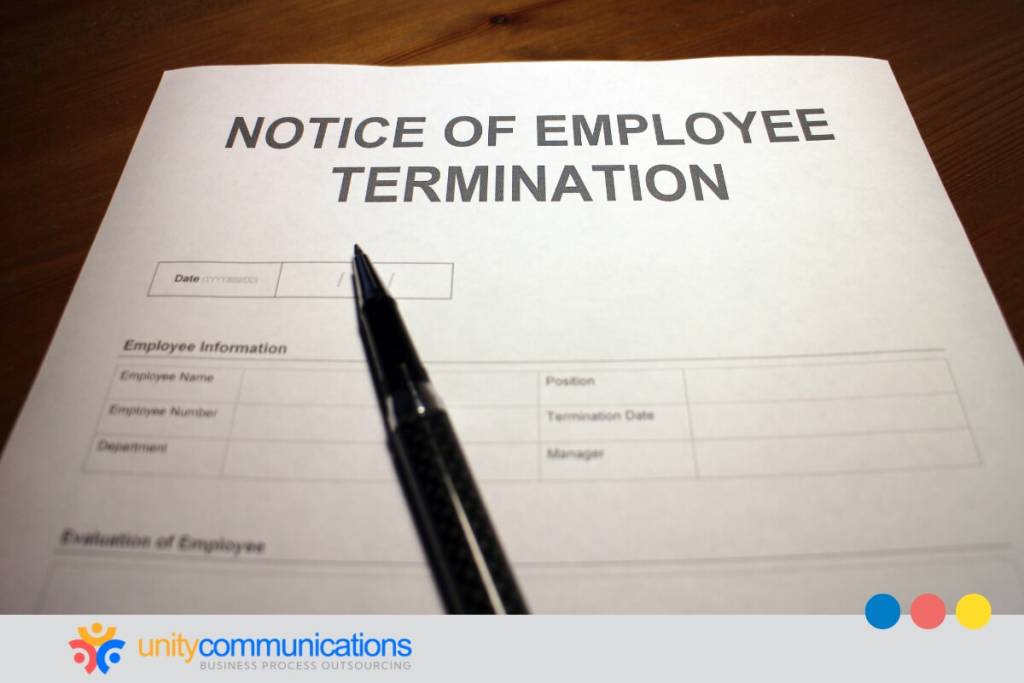Written by Joyce Ann Danieles
Contents
Dealing with medical insurance companies adds to the complex workloads of healthcare organizations. Claims processing is specifically a time-consuming task involving complicated procedures. It hinders your in-house team from improving patient experience.
Business process outsourcing (BPO) offers a cost-effective way to address such challenges. Healthcare BPO providers employ claims processing experts to help streamline your operations and reduce inaccuracies. Some freelancers accomplish this non-core task at a more affordable service charge.
Read on to learn the crucial step-by-step process of hiring these professionals.
How To Look for Claims Processing Experts
Claims processing involves validating claim requests from patients or medical providers for full or partial healthcare reimbursements. These claims ensure that doctors get paid, insurance companies settle covered benefits, and patients handle the remaining charges. The task might seem simple, but it requires maximum attention to detail and coding training.
Setting up an in-house team for this function requires considerable funding for labor, infrastructure, and space. You need ample time to recruit and train employees. You must also provide staff members with their own workstations and equipment to ensure their productivity.
But focusing much time and energy, as well as funds, on the claims processing unit prevents you from improving your patient care. Although the process assists patients financially, there are no guaranteed returns or growth from allocating a chunk of dollars to this non-core task.
As a result, many medical providers delegate their claims processing to a third party for cost reduction and health service improvement. Due to such benefits, Precedence Research expects the global healthcare BPO market to reach almost $756 billion by 2030. The research firm also reveals that the claims management segment will experience growth from 2022 through 2030.
Outsourcing allows you to choose between contracting a vendor for full-time employees or hiring freelancers to do the job. To help you decide and succeed with this potential investment, follow these tips when seeking the best talent.
1. Identify Scope and Limitations
The first and most vital step in hunting claims processors is identifying your specific operational needs and aligning them with your budget limits. Start by assessing the volume of claims you process daily. Then, evaluate how many employees you need to accomplish those tasks and how long you want them to support your operations.
If you want to outsource your claims processing team completely, contract a BPO provider specializing in that field. Such vendors offer a complete service package payable through monthly billing. This option does not require you to manually recruit employees or buy niche equipment, thus allowing you to prioritize your core products and services.
Otherwise, hire one or more freelancers if you only want to expand your team during peak season. These part-timers are skilled in the healthcare BPO industry and the claims processing field so you can leave your worry about their service quality behind. Pay them per hour or after specific task completion, depending upon your agreement.
2. Set Criteria for the Right Claims Processor
Next, list the key traits that define your ideal claims processing expert. This step is especially essential when looking for part-time workers. Whether hiring these professionals directly or through a BPO provider, look for the following qualities:
- Attention to detail
- Deep knowledge of healthcare trends
- Proficiency in the latest medical coding methods
- Knowledge of the nuts and bolts of medical claims processing
- Ability to work under pressure
- Effective oral and written communication skills
- Compliance with relevant laws and regulations, such as the Health Insurance Portability and Accountability Act of 1996 (HIPAA)
- Critical thinking and decision-making skills
3. Launch a Hiring or Proposal Request Campaign
Kick off a hiring ad or a proposal call after specifying your needs and criteria for claims processing providers. Go directly to a firm that offers healthcare BPO services if you want to outsource a whole claims processing team. Make sure you seek referrals and screen potential contractors before finalizing your selection.
If you plan to employ freelancers, another option is to share your digital hiring posters through different social media platforms. You can proactively seek experts via job search or recruitment sites such as LinkedIn, Glassdoor, and Upwork. Carefully assess these professionals and ensure they meet your standards and budget allocations.
4. Conduct One-on-one Interviews
Schedule interviews with your potential BPO contractors or screened part-timers. Although talking to them face-to-face is more beneficial, you can discuss business via video or live chat. This step is necessary for determining whether the claims processing experts are a good fit for your needs and resources.
In addition, interviews and meetings allow you to understand your potential business partners better. These steps give you a better sense of their skills and demands. As a result, you can better match your work strategies and investments in medical BPO services.
5. Discuss Contract Terms and Conditions
Make sure that the terms and conditions of the service contract are finalized before signing with your chosen provider or part-time worker. Set an in-person meeting to discuss crucial business rules and regulations. To guarantee both parties are happy with the terms, let them share their demands and preferences, too.
Emphasize transparency throughout the process, especially regarding service pricing, information sharing, and data security. Establish a platform for regular communication and secure data exchange. This makes it easier for people to trust and believe in each other, which leads to measurable results and returns.
6. Implement a BPO Management Strategy
After finalizing a contract with a BPO firm, remember that you will need to manage your third-party claims processing experts. Executing a practical outsourcing management plan helps address potential work failures and conflicts. If all goes well, you can expect streamlined claims processing and enhanced patient care delivery as the advantages of healthcare BPO.
Follow these tips for BPO management to make sure you have a good relationship with your provider or freelancers:
- Merge business targets and strategies to achieve measurable results
- Prepare for unforeseen changes or challenges to ensure smooth operations
- Keep close connection and coordination for quick responses
- Share relevant insights for constant improvement
- Hold regular training and consultation meetings for necessary updates
- Host calibration sessions to review quality assurance and work performance
- Develop and implement a feasible escalation technique to resolve unexpected problems
The Bottom Line
Claims processing helps patients, insurance companies, and your healthcare organization resolve financial issues. But this non-core task can be a problem for healthcare providers. This function’s complicated and repetitive procedures impede in-house teams from providing an unmatched patient experience.
Many medical institutions use healthcare BPO to fill these gaps and process claims efficiently. Whether you hire a contractor or an experienced freelancer, outsourcing saves you money on operating costs and expedites claims-related activities.
Are you looking for claims processing experts? Contact Unity Communications now to get a quote. The award-winning Inc. 5000 BPO company has skilled employees and modern solutions to help you scale your medical practice and gain a competitive edge.






